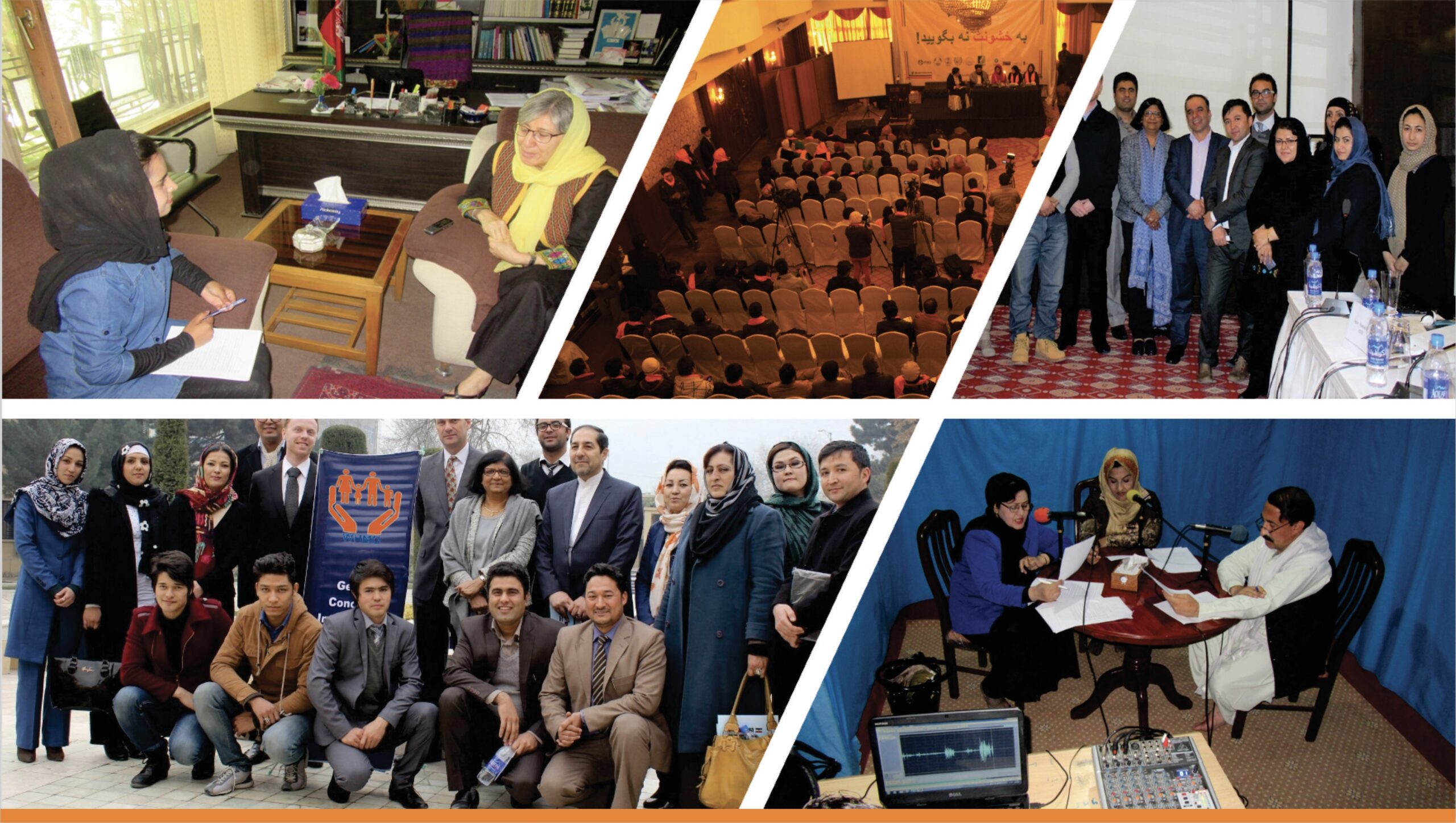In June 2013, HRWMO, in line with the Dutch NAP-2, 1325, Gender Concern International, Oxfam, and Cordaid International, collaborated with vibrant Afghani civil society organizations (CSOs) to implement the Bayan I project. The project aims to enhance public support for human rights, peacebuilding, and women’s leadership, with a specific focus on engaging Afghan youth. The word “Bayan” means “to express oneself” in Afghanistan’s official languages, Dari and Pashtu.
The Dutch National Action Plan, which stems from Security Council Resolution 1325 on women, peace, and security, emphasizes the importance of women’s leadership and political involvement in peacebuilding efforts in conflict-affected countries like Afghanistan. The initiatives under the NAP aim to create an environment that enables women’s leadership and participation, promoting inclusive, just, and sustainable peace, recovery, and reconstruction processes.
Nonetheless, Afghanistan’s so-called youth bulge – an estimated 21 million people out of the total population of 30 million are under 25 years old – represents a powerful potential force for positive social, cultural, and political change. HRWMO developed capacity-building training for 500 youth in Parwan, Kabul, Nangarhar, and Kapisa provinces. The training aimed to address pressing community issues through the social platform, SMS, and community mobilization. Workshops were conducted to challenge prevailing beliefs, values, and attitudes in order to overcome social and cultural barriers that hinder women’s participation and leadership in Afghanistan.


The use of radio is widespread in Afghanistan, with about 73 percent of Afghans owning a radio. However, access to radios varies between urban and rural areas, and among provinces as well as between men and women. During the pilot phase of Bayan, HRWMO successfully developed and broadcast radio spot messages. HRWMO created and aired 20 radio dramas and 20-panel discussions focusing on women’s rights and ending Violence Against Children. These messages were transmitted in 34 provinces through 53 local radio stations across the country.


Related Documents
For more information on this initiative, please get in touch with Wali A. Shirzad, Strategic Partnership Manager.

